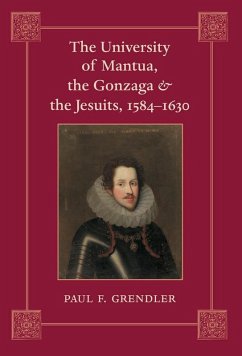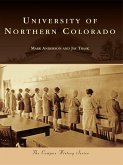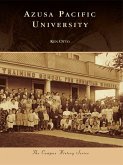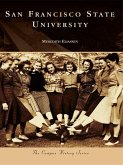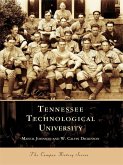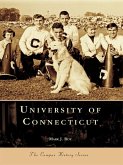Universities were driving forces of change in late Renaissance Italy. The Gonzaga, the ruling family of Mantua, had long supported scholarship and dreamed of founding an institution of higher learning within the city. In the early seventeenth century they joined forces with the Jesuits, a powerful intellectual and religious force, to found one of the most innovative universities of the time.Paul F. Grendler provides the first book in any language about the Peaceful University of Mantua, its official name. He traces the efforts of Duke Ferdinando Gonzaga, a prince savant who debated Galileo, as he made his family's dream a reality. Ferdinando negotiated with the Jesuits, recruited professors, and financed the school. Grendler examines the motivations of the Gonzaga and the Jesuits in the establishment of a joint civic and Jesuit university.The University of Mantua lasted only six years, lost during the brutal sack of the city by German troops in 1630. Despite its short life, the university offered original scholarship and teaching. It had the first professorship of chemistry more than 100 years before any other Italian university. The leading professor of medicine identified the symptoms of angina pectoris 140 years before an English scholar named the disease. The star law professor advanced new legal theories while secretly spying for James I of England. The Jesuits taught humanities, philosophy, and theology in ways both similar to and different from lay professors.A superlative study of education, politics, and culture in seventeenth-century Italy, this book reconsiders a period in Italy's history often characterized as one of feckless rulers and stagnant learning. Thanks to extensive archival research and a thorough examination of the published works of the university's professors, Grendler's history tells a new story.
Dieser Download kann aus rechtlichen Gründen nur mit Rechnungsadresse in A, B, BG, CY, CZ, D, DK, EW, E, FIN, F, GR, HR, H, IRL, I, LT, L, LR, M, NL, PL, P, R, S, SLO, SK ausgeliefert werden.

